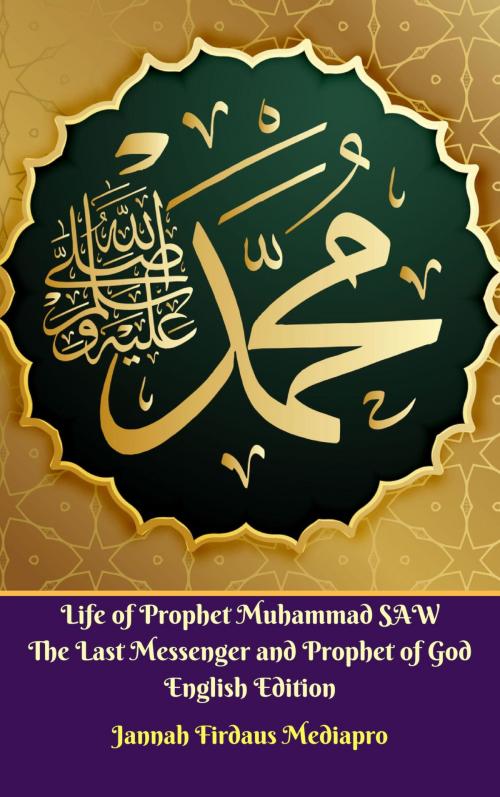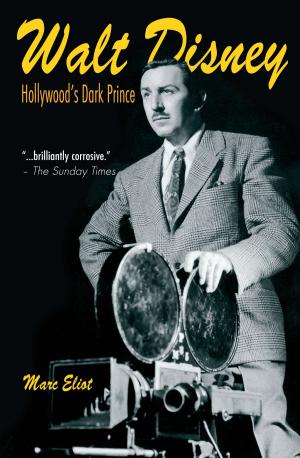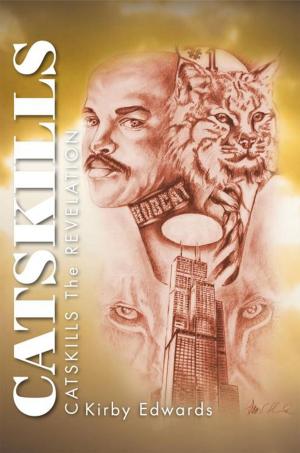Life of Prophet Muhammad SAW The Last Messenger and Prophet of God English Edition
Nonfiction, Religion & Spirituality, Middle East Religions, Islam, Science Fiction & Fantasy, Historical, Biography & Memoir| Author: | Jannah Firdaus Mediapro | ISBN: | 9783962461270 |
| Publisher: | M Takia | Publication: | December 27, 2018 |
| Imprint: | Jannah Firdaus Mediapro Studio | Language: | English |
| Author: | Jannah Firdaus Mediapro |
| ISBN: | 9783962461270 |
| Publisher: | M Takia |
| Publication: | December 27, 2018 |
| Imprint: | Jannah Firdaus Mediapro Studio |
| Language: | English |
The advent of the Prophet Muhammad SAW changed the face of the history of mankind in a manner that this world has never seen before. Since the first man and prophet Adam (Pbuh) was sent down to Earth, Allah SWT (God) sent many prophets and messengers to guide mankind to the Truth and to the Straight Path. Soon after the deaths of these prophets, their followers deviated from the teachings and corrupted the religion of Allah. He rejuvenated the Truth as taught by the previous prophets and messengers, and re-established the Law of Allah on Earth through the teachings of The Holy Qur'an and the practice of the Sunnah.
At the time of the birth of the Prophet Muhammad SAW, two great prophetic religions were practiced in the environs of Arabia - namely Judaism and Christianity. Both of these religions were born from the basic teachings of Islam (Tawhid/Pure Monotheism) as taught by Prophet Musa (Pbuh) and Prophet Isa (Pbuh). However, the original teachings were lost, and these religions were born.
Though the Arabs believed in the concept of a supreme deity as originally taught by their progenitor Prophet Ibrahim (Pbuh), most of the Arabs had become polytheists while a minority amongst them turned towards the religions of their cousins, i.e. Judaism and Christianity. The Bait-Al-Haraam in Makkah, which had been reconstructed by Prophet Ibrahim (Pbuh) for Allah's worship had been filled with 360 images and idols by these polytheists.
Most of the Arabs at that time were illiterate and drenched in pagan practices. The society was oppressive and full of vice. Women had no place in society. They did not inherit any wealth, and were used by the men merely for their pleasure. In fact, upon the death of a man, his sons used to inherit all of his wives as well along with his wealth. Birth of girls in a family was considered to be a curse, and below the dignity of the family. Thus, the "honourable" Arabs used to bury their new born baby girls alive. The Arabs used to indulge excessively in wine, gambling and poetry. Having mastery over the language was considered to be one of the greatest pastimes. And the best form was poetic.
The Arabs led immoral and oppressive lives. Slavery was rampant, and the slaves were treated worse than animals. The weak and poor were oppressed by the strong. There was no security of life, property and honor. The tribes would fight till death over the smallest problems.
Besides all these defects in their society, the Arabs possessed some good qualities too. They were courageous, wise, and especially generous towards their guests. They honored them and were very hospitable towards them. They were also great horsemen.
The advent of the Prophet Muhammad SAW changed the face of the history of mankind in a manner that this world has never seen before. Since the first man and prophet Adam (Pbuh) was sent down to Earth, Allah SWT (God) sent many prophets and messengers to guide mankind to the Truth and to the Straight Path. Soon after the deaths of these prophets, their followers deviated from the teachings and corrupted the religion of Allah. He rejuvenated the Truth as taught by the previous prophets and messengers, and re-established the Law of Allah on Earth through the teachings of The Holy Qur'an and the practice of the Sunnah.
At the time of the birth of the Prophet Muhammad SAW, two great prophetic religions were practiced in the environs of Arabia - namely Judaism and Christianity. Both of these religions were born from the basic teachings of Islam (Tawhid/Pure Monotheism) as taught by Prophet Musa (Pbuh) and Prophet Isa (Pbuh). However, the original teachings were lost, and these religions were born.
Though the Arabs believed in the concept of a supreme deity as originally taught by their progenitor Prophet Ibrahim (Pbuh), most of the Arabs had become polytheists while a minority amongst them turned towards the religions of their cousins, i.e. Judaism and Christianity. The Bait-Al-Haraam in Makkah, which had been reconstructed by Prophet Ibrahim (Pbuh) for Allah's worship had been filled with 360 images and idols by these polytheists.
Most of the Arabs at that time were illiterate and drenched in pagan practices. The society was oppressive and full of vice. Women had no place in society. They did not inherit any wealth, and were used by the men merely for their pleasure. In fact, upon the death of a man, his sons used to inherit all of his wives as well along with his wealth. Birth of girls in a family was considered to be a curse, and below the dignity of the family. Thus, the "honourable" Arabs used to bury their new born baby girls alive. The Arabs used to indulge excessively in wine, gambling and poetry. Having mastery over the language was considered to be one of the greatest pastimes. And the best form was poetic.
The Arabs led immoral and oppressive lives. Slavery was rampant, and the slaves were treated worse than animals. The weak and poor were oppressed by the strong. There was no security of life, property and honor. The tribes would fight till death over the smallest problems.
Besides all these defects in their society, the Arabs possessed some good qualities too. They were courageous, wise, and especially generous towards their guests. They honored them and were very hospitable towards them. They were also great horsemen.















